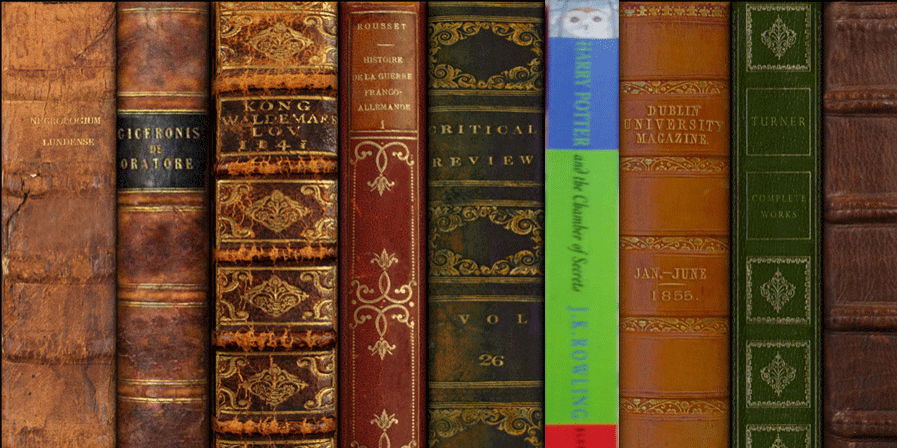
June 6, 2012, by Jonathan
Can we be serious about Harry Potter?
On Friday May 18th, The Telegraph had a sniffy article about a conference on Harry Potter as literature. Correspondent Sarah Rainey said:
“If Dumbledore and Hagrid can be granted the status of Don Quixote and Hamlet, it’s alarming to contemplate what’s next. A dystopian interpretation of A Very Hungry Caterpillar? The Twilight series as an A-level text?… J K Rowling may be a great storyteller, but she’s no Shakespeare. Her books, though enthralling, weren’t written for academic study. It’s an injustice to Britain’s true literary greats to pretend otherwise.”
Is this just snobbery Telegraph-style? Since she quoted me in the article I’m naturally well disposed towards her, and her argument makes some sense. The faults in Rowling’s work are plain to see, and anyway you have to be Proust to sustain the same characters and setting over seven novels. I hope we won’t see Harry Potter on the school syllabus, partly because the point of a syllabus is to get people to read things they would not otherwise read. And I’m not even sure that Rowling is a great story teller; the characters and setting are surely what grab the reader, not the rambling stories.
But there are interesting questions to ask about the success of Harry Potter, and they are the sorts of questions you might want serious and academically informed answers to. For a start, what is it about these books that makes them so popular, particularly given the fact that Hogwart’s is not the first school of wizardry to feature in children’s literature? By normal standards Jill Murphy’s earlier The Worst Witch series was outstandingly successful, but still vastly less successful than Harry Potter turned out to be. Why is that an interesting question? For one thing because it suggests that there may be some kind of natural fit between certain stories and the human mind, just as there seems to be between human taste perception and sugar. Sugar may not be good for you, but there are interesting reasons why we like it. Maybe—just maybe–Harry Potter can tell us something about the mind.
But, to repeat, that does not make Harry Potter great literature. What does make great literature? David Hume had a theory about quality in the arts which it’s worth going back to in the light of the sugar analogy. Hume was inclined to say about many things, morality and artistic value among them, that they are projected onto the world by the mind rather than being something out there in the world. But in an interesting essay on what he quaintly calls “taste” he gestures at a different view, namely that quality in the arts is a matter of a fit or correspondence between the mind and the work. Great works latch onto structures inherent in our mental makeup. At the least, this softens the image of qualities as things we project onto works of literature, for it suggests a standard (“a standard of taste”) against which to measure the rightness of any given projection. I can project merit onto a novel until I’m blue in the face, but if it does not have the right kind of fit, my projection is simply going to be wrong.
Unfortunately, the idea of fit needs a lot of further development before it can give us a standard of taste. For as I have indicated (and other more serious Hume scholars have done the same) fit or correspondence does not automatically translate into value. For our ancestors, sugar was valuable because small amounts of it gave energy, and sugar was in such short supply that no one was in danger of overloading on it. But things have changed, we in the affluent world can get as much as we want, and generally we want too much. There is a fit there, but not one that is (currently) valuable. Similarly, there may be all sorts of reasons, some of them in our distant, small-group, savannah-based past, which make Harry Potter novels attractive to us. But fit does not always mean literary greatness.
For more from Greg about Harry Potter and Philosophy, take a look at this video.
No comments yet, fill out a comment to be the first

Leave a Reply